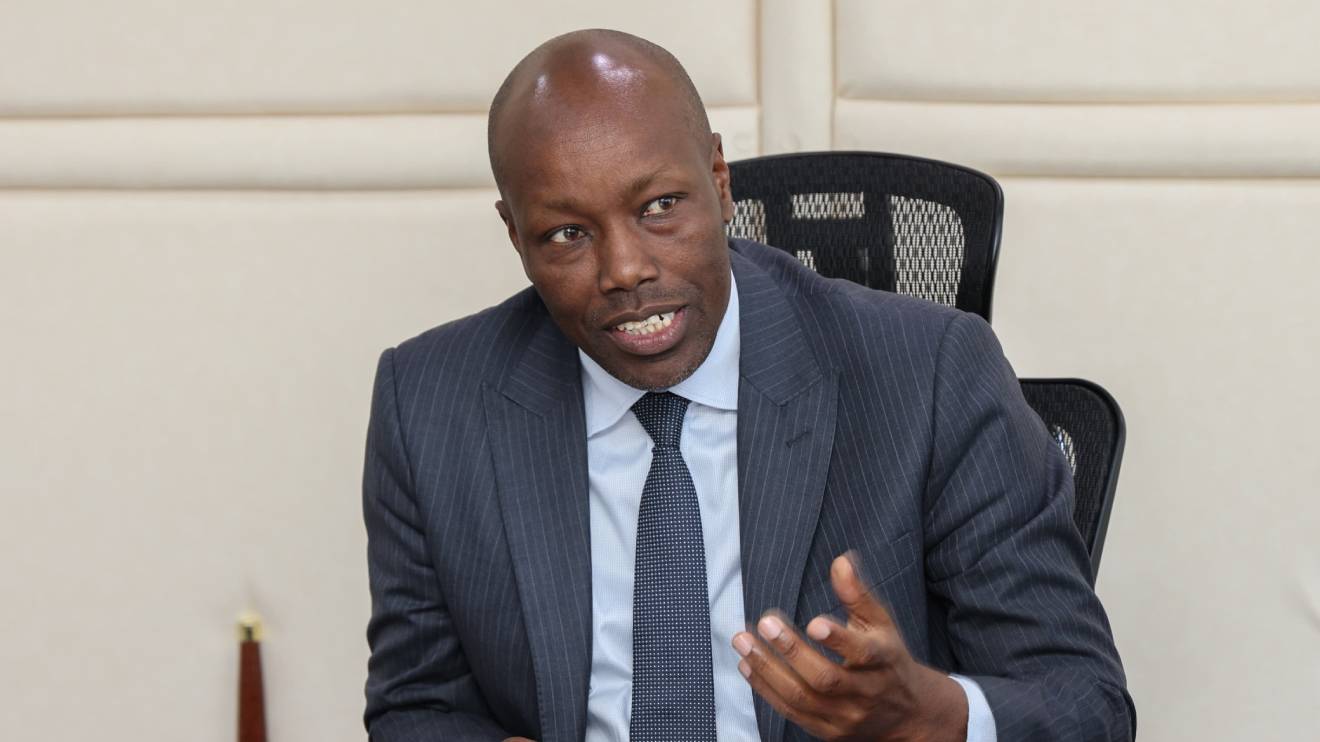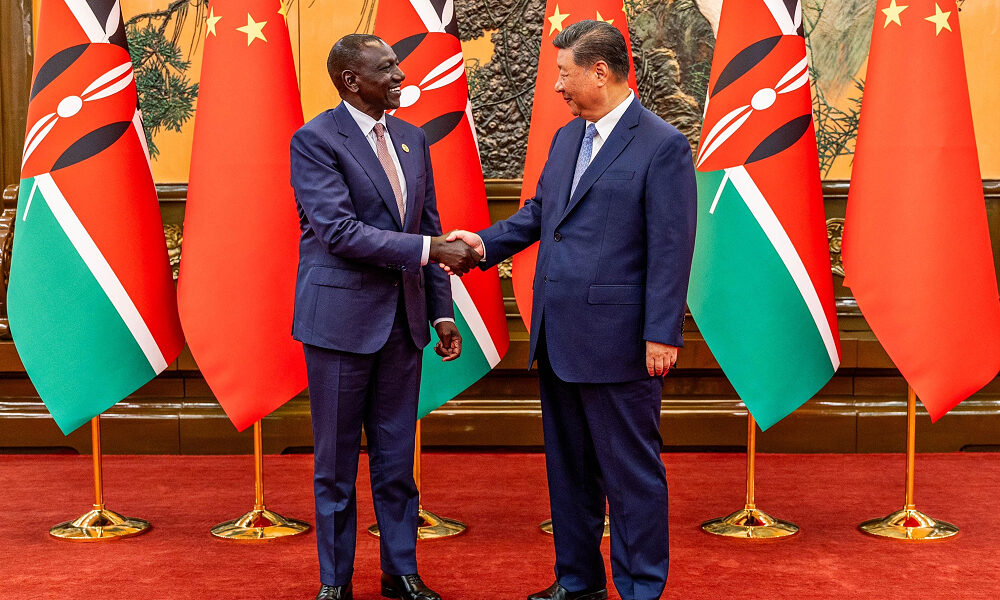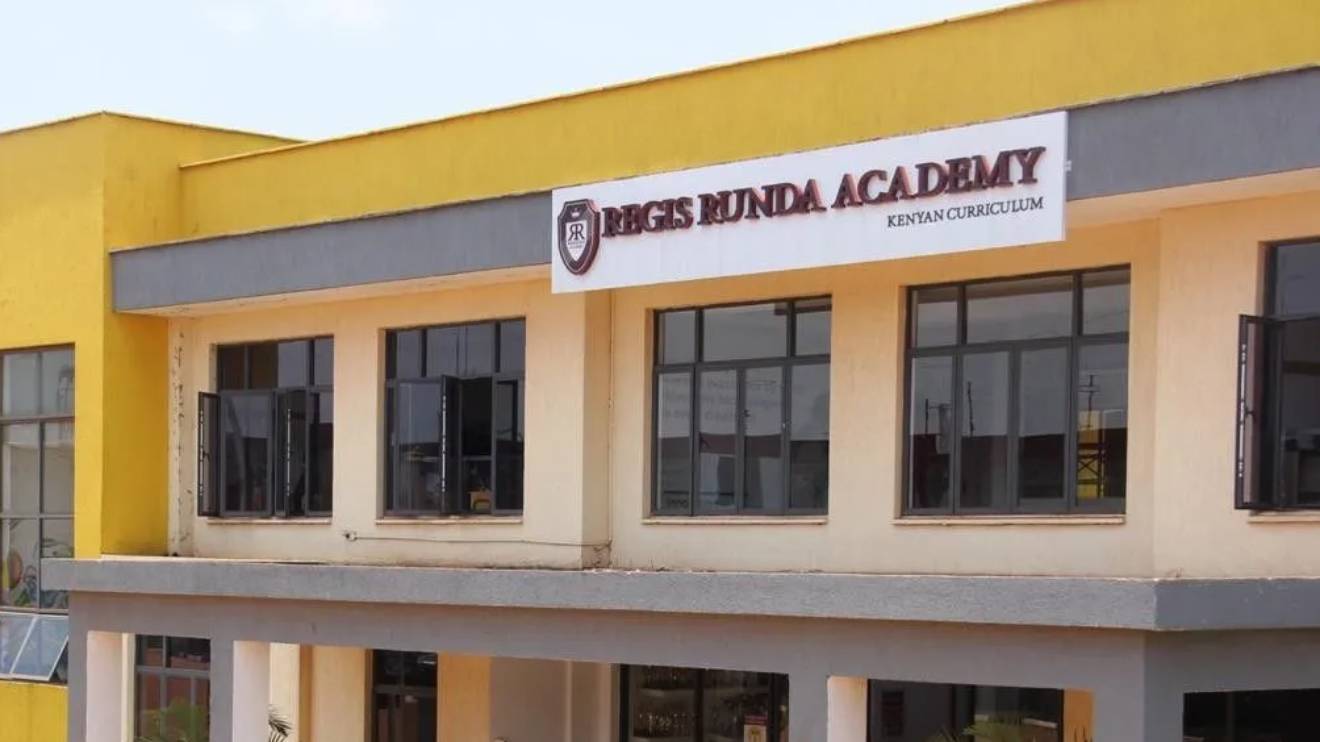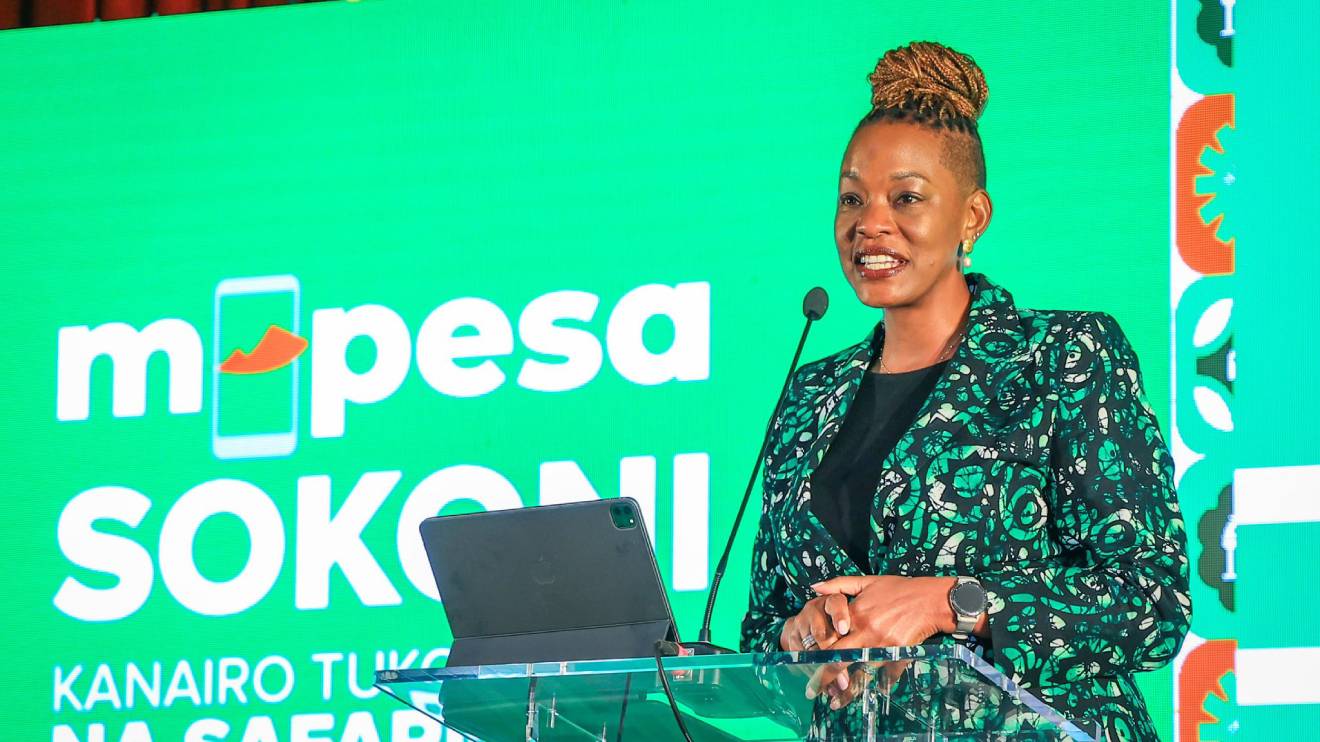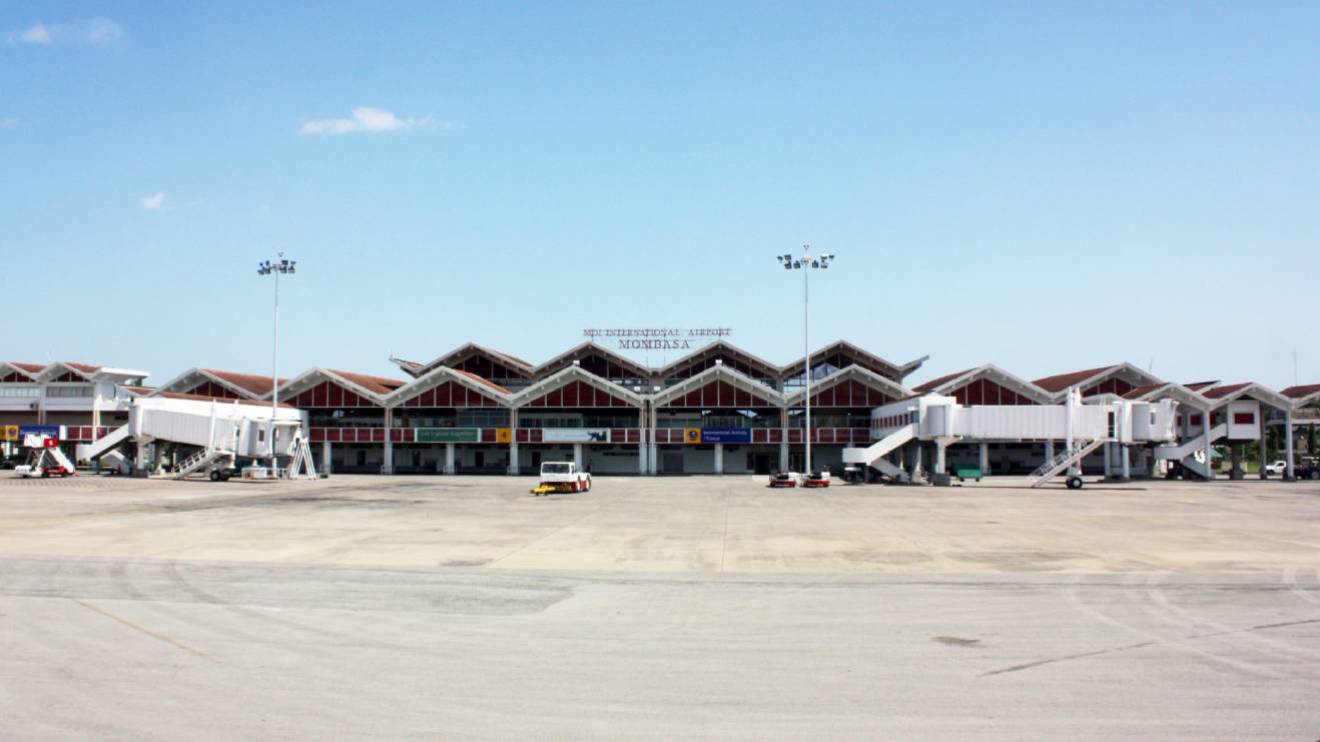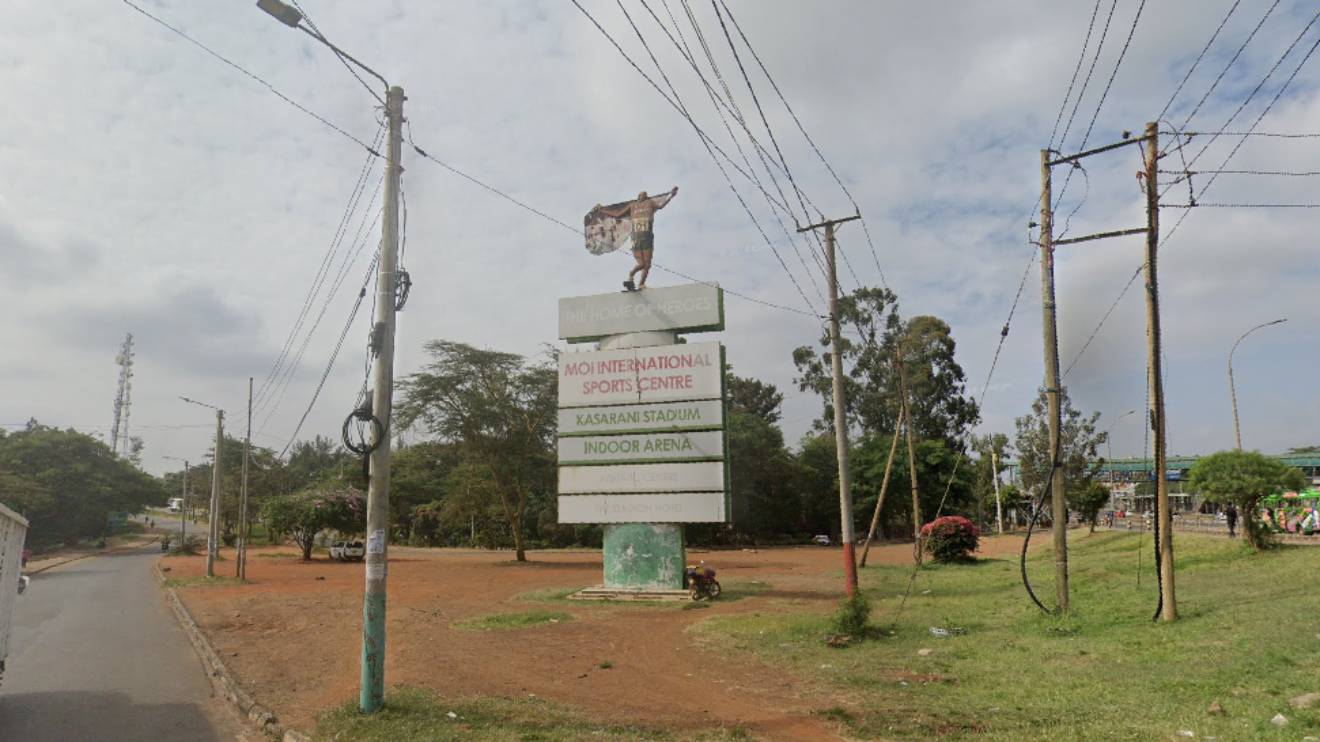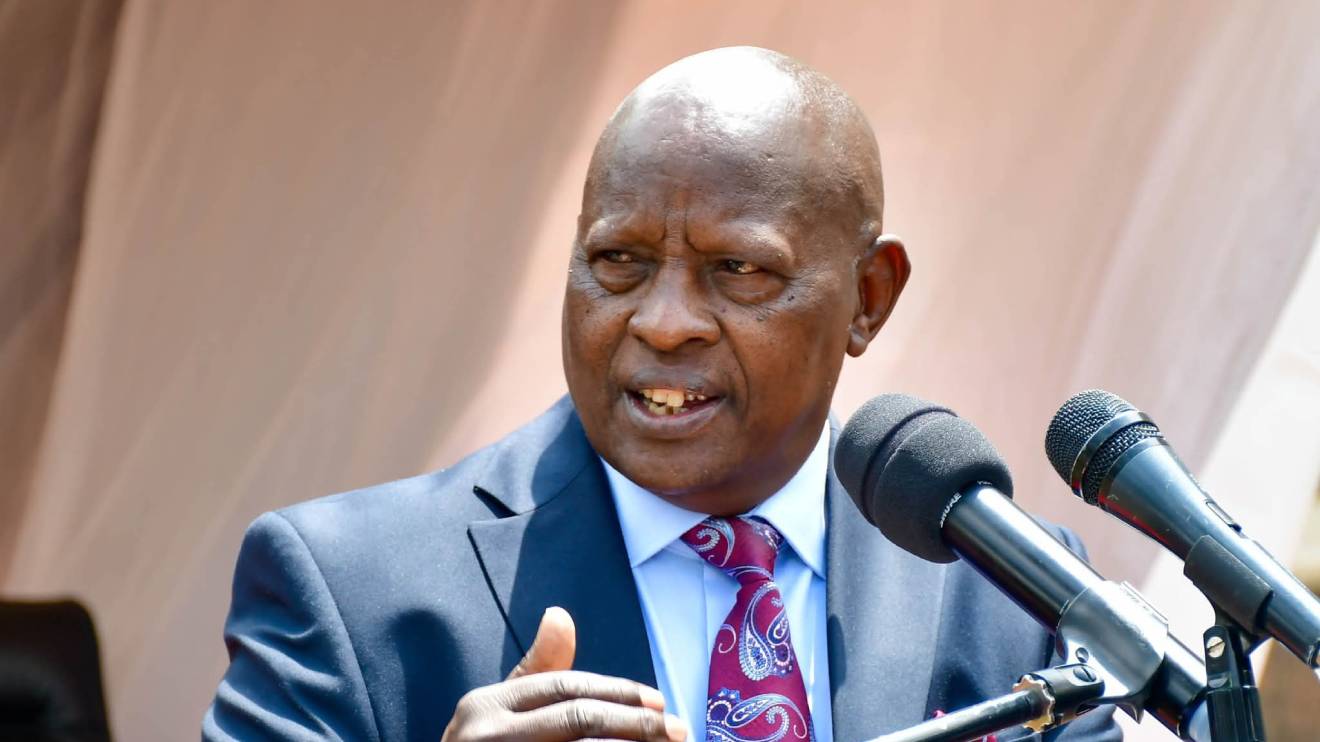Trade officials in Nairobi are preparing for a critical meeting with their American counterparts in Washington, set for August 20, where the future of Kenyan exports to the United States will be on the negotiating table.
Cabinet Secretary for Trade and Investments, Lee Kinyanjui, during an interview with a local radio station, confirmed that the government has already initiated the appeal process and is now gearing up to present Kenya’s case for a more favourable tariff structure.
"We already filed our appeal, and now we are scheduled to meet U.S. authorities to settle on a tariff structure that gives Kenya an upper hand," Kinya said.
Earlier this year, a 10 per cent blanket tariff was imposed on Kenyan exports by the U.S., in addition to a pre-existing levy.
The development raised concerns in local industry circles, particularly in the textiles sector — Kenya’s top export category to the American market.,
Read More
But rather than approach the talks from a defensive stance, Kinyanjui views the situation as a diplomatic and economic opening.
“Some of our sacrifices on global fronts should be compensated with a better tariff that attracts investments and business into Kenya,” he stated.
The government is positioning the country as a more appealing alternative to other exporters serving the same markets.
Kinyanjui pointed to the comparative tariff pressure faced by other nations, arguing that Kenya could gain from a smaller gap between rates.
“The most important thing in tariffs is not how much you’re charged, but the differential between you and your competitors,” he explained.
“Kenya’s main export is textiles, and while we face a 10 per cent tariff, competitors like Sri Lanka and Vietnam are dealing with rates of 15 to 30 per cent,” he added.
The planned talks are part of the broader Strategic Trade and Investment Partnership (STIP), a bilateral engagement aimed at strengthening trade and investment between Kenya and the United States.
Kenya is looking to capitalise on the STIP framework ahead of the scheduled expiry of the African Growth and Opportunity Act (AGOA) in 2025.
AGOA has provided preferential access to the U.S. market for eligible African nations, including Kenya.
With the clock ticking, the outcome of the Washington meeting could play a defining role in reshaping Kenya’s trade prospects and preserving its foothold in the global textile supply chain.

